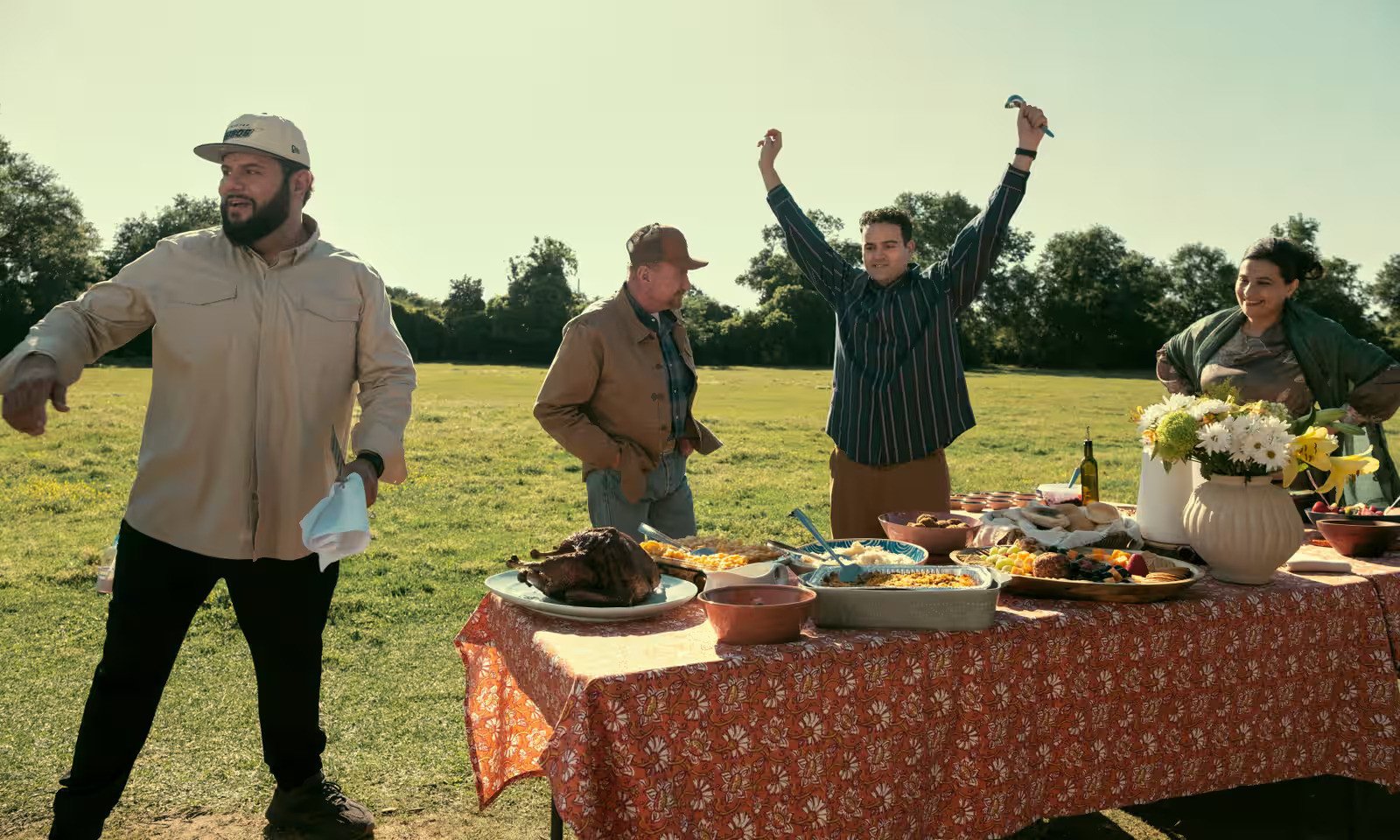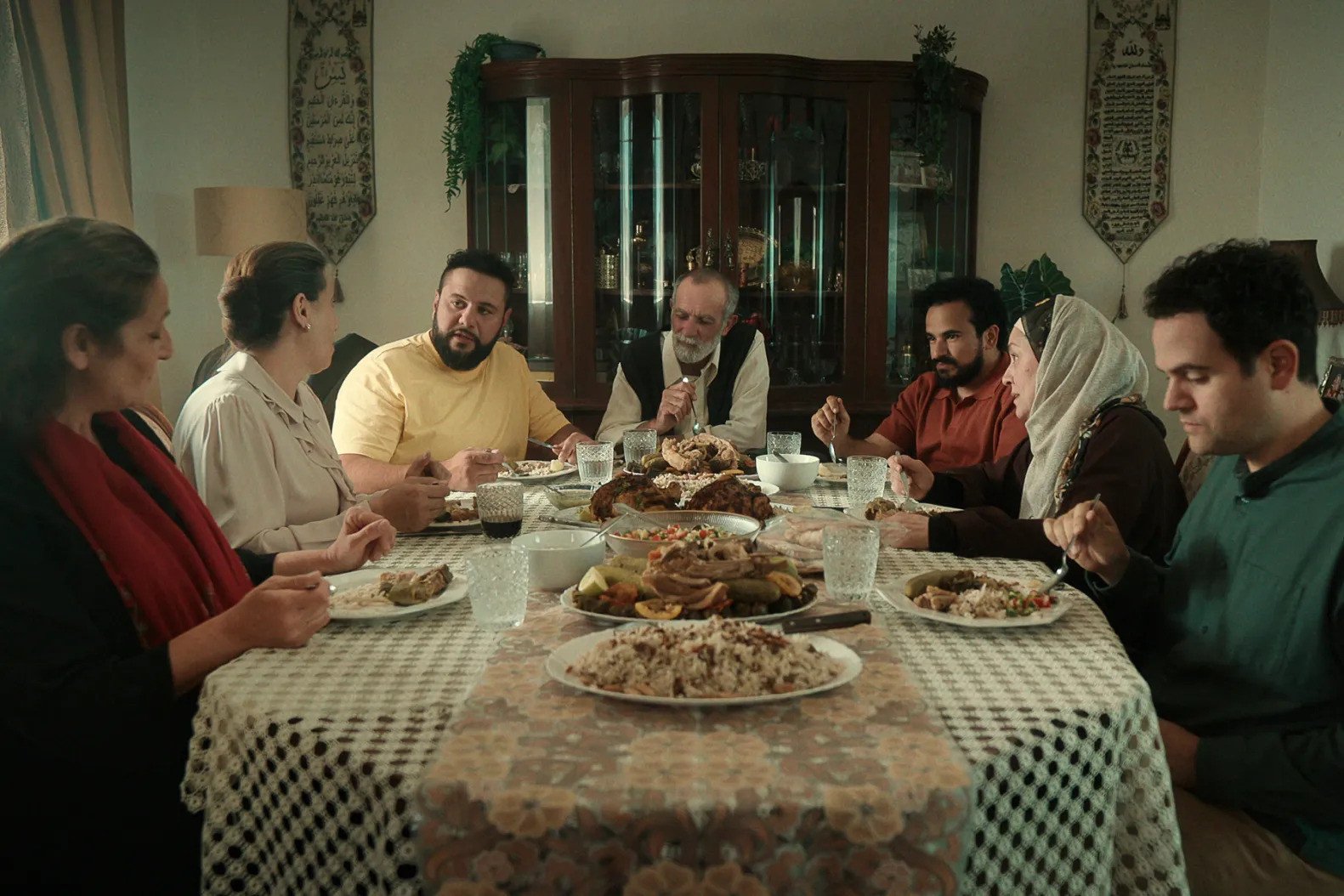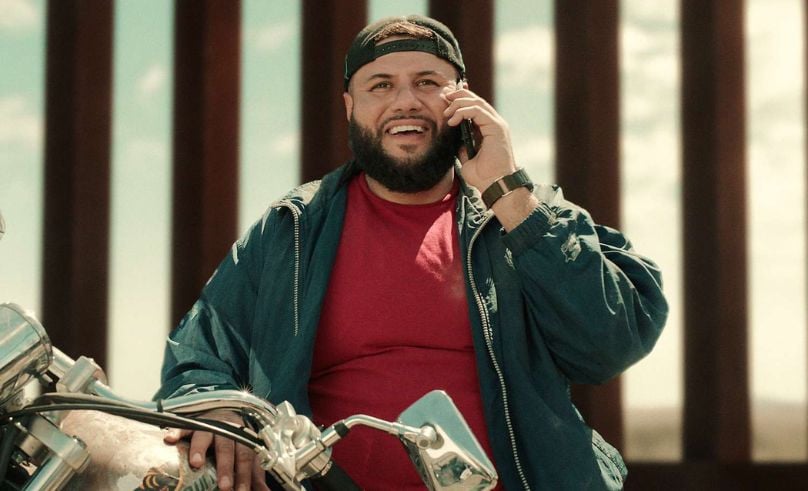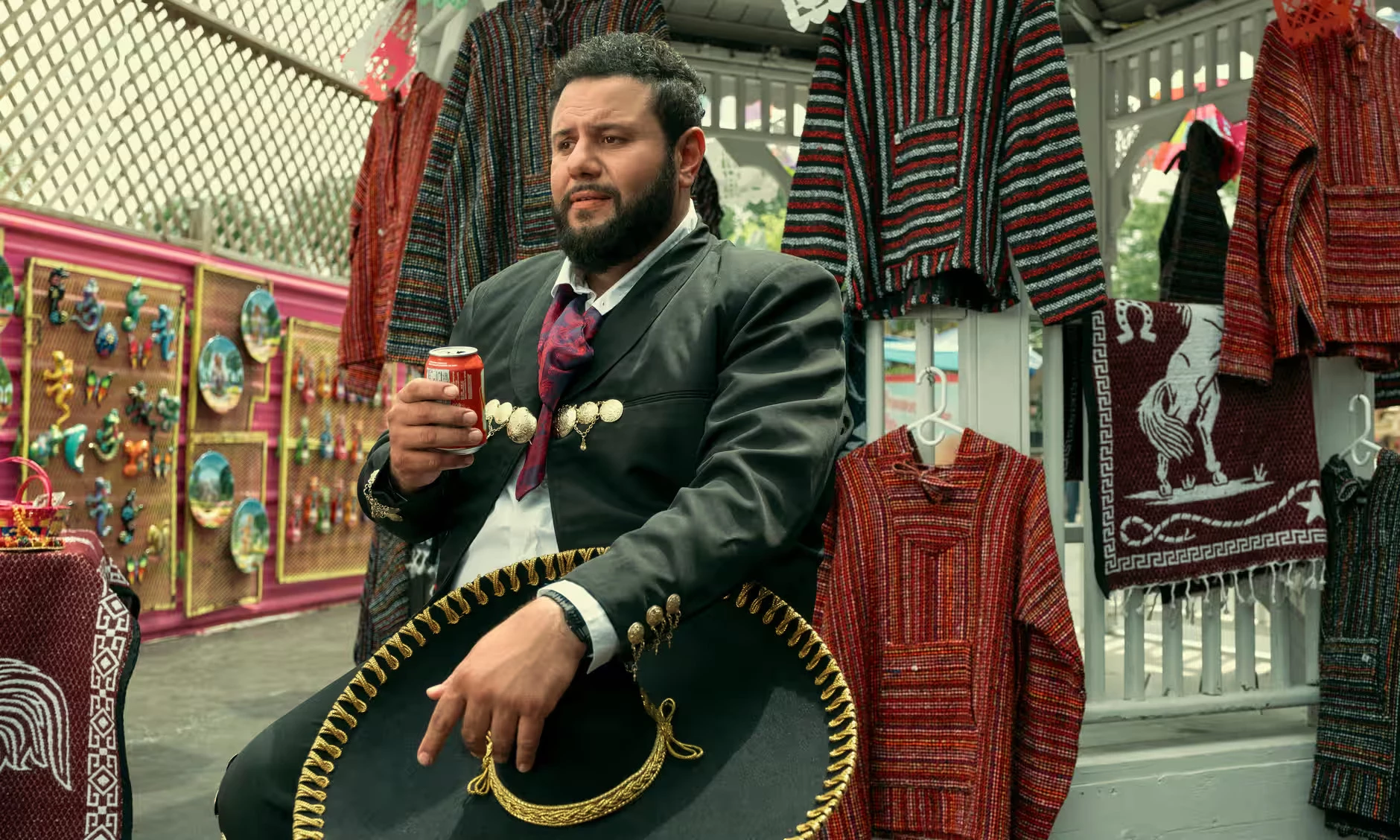'Mo' review: Search for the keys to home
The second season shows how Palestine's oppression didn't start on October 7
KARACHI:In a dream, Mo's grandfather hands him over a key. "Look after this key," his grandpa says. The key is a symbol of the homes lost in the 1948 Nakba where a large number of Palestinians lost their homes or fled violence and were denied the right to return.
In Mo season two, the titular character has a recurring dream about the key. And this, in essence, sums up what the season is all about: the right to return home.
The first time Mo dreams of the key is when he is stuck in a detention centre after being caught crossing the US-Mexico border illegally. At the end of season one, he accidentally ended up in Mexico after sneaking inside a truck carrying their stolen olive trees. The latest season continues the story with Mo surviving in Mexico and trying to get back to Houston in time for their hearing for the asylum process.
Searching for home
In Mexico, Mo does what Mo does best: hustle. He dons a mask, calls himself the Oso Palestino (The Palestinian Bear) and tries Lucha Libre wrestling. He also sells his 'falafel tacos' on a cart to make money to go back home.
New problems await him once he gets back to Houston. His ex-girlfriend Maria is now dating an Israeli Jewish chef, a guy named Guy who makes 'Israeli hummus', an idea Mo finds ridiculous. "There's no Israeli hummus. He's pillaging my heritage," Mo says. "They steal from our culture and then deny it with semantics." Then, he loses his mind when he finds his "world famous" falafel tacos on the menu at Guy's fancy restaurant (Mo had shared his idea with him earlier before finding out Guy's identity).

Meanwhile, Mo's family continues the pursuit of the US passport. Their goal, once they are no longer refugees and become citizens, is to visit home: Palestine.
The show is as heart-breaking as it is hilarious. Deeply rooted in Palestinian identity, Mo balances the representation of the people, its symbols and the constant struggles they have faced for decades at the hands of the occupation. Even in the US, Mo is unable to call the place home even after spending his whole life there. "I didn't choose to be stateless," exclaims Mo in a dream.

In an absurdly funny scene, Mo is told that he will be deported. However, he can't leave the country, because he has no home. But he's deported. But he can't leave. Yes, it's as confusing as it sounds.
After being deported but not really deported, Mo has to wear an ankle monitor and respond to the officer silently listening to his every move on the other end of the tracker. The situation causes awkward moments, especially when the officer overhears Maria singing praises of her Israeli boyfriend in front of Mo.
That's Mo's strength. He can make you laugh while steadily increasing the discomfort until you're in a knot. In fact, it finds its humour in that very discomfort. And that is the creator Mohammed Amer's signature – a signature that is very Palestinian. It comes from this unshakeable belief that Palestinians have that one day, they will return to a free homeland. They safeguard their ancestors' keys believing that their homes are awaiting their return. The homes may be occupied but the locks haven't changed.
A family visits home
Even in the show, Mo's depiction of Palestine is vivid. The walls, streets, fields, trees and even the air call for its people. It's been decades but the land hasn't forgotten its people, nor the people their land. This love and yearning for Palestine is evident in Mo. And it's from that truthfulness that Mo Amer has created the show.
In one terrifying moment in Palestine, a mute Jewish child follows Mo and his family into their house. Scared out of their minds, Mo attempts to return the child only to have a gun pulled on him by the child's father, an illegal settler.
The whole sequence is quite self-explanatory. It displays the fear of not only the Palestinian natives of the land but also the self-caused threat the settlers live in once they decide to occupy. Throughout this journey, Mo subtly points out the hypocrisy, theft and exploitation which isn't just on a systemic scale, but also in the micro, everyday instances.

Despite the overarching conflicts dictating Mo and his family's lives – the constant supervision of the state with their every move being watched, the threat of losing their small business, the years-long struggle to get asylum and Mo's tumultuous love life – the drama here is in the details. It's in the conversations he has with his friends, the constant hustle to make ends meet, and to just belong.
They will remain here
One of the major elements of the show's significance is that it takes place before October 7, 2023. Mo makes its timeline clear, ending the season on October 6, 2023. This point is important because it defies and denies the propagated narrative that the so-called 'war' started on October 7. Mo reiterates what is a known fact that the genocide and oppression of Palestine and Palestinians goes back decades. And if you think about it, it's quite tragic that a people who have been subjected to such inhuman atrocities and treated like less-than-human in their own country by the occupying entity for close to a century have to continue to provide evidence of their suffering and death.
The show is clear about where it stands. And it neither dodges around the ideas it explores nor complicates them with a mask of neutrality. The show states in no uncertain terms that there is no time for neutrality in times of oppression. And it says so without being preachy with its only goal being to represent the people and their suffering.
But Mo is a show that's not only relevant because of what has happened since October 7. It would be relevant in any era. Its empathy lies with Palestine but it's a tale of suffering of all who yearn for home.
During their visit to Palestine, Mo finally finds the key he's been dreaming about. It's the key to his grandparents' house in Haifa from where they were forced out by the Israeli settlers. Mo wants the key. But his uncle refuses to give it to him to take to America. "These are here, and they will remain here."
Have something to add to the story? Share it in the comments below.


COMMENTS
Comments are moderated and generally will be posted if they are on-topic and not abusive.
For more information, please see our Comments FAQ